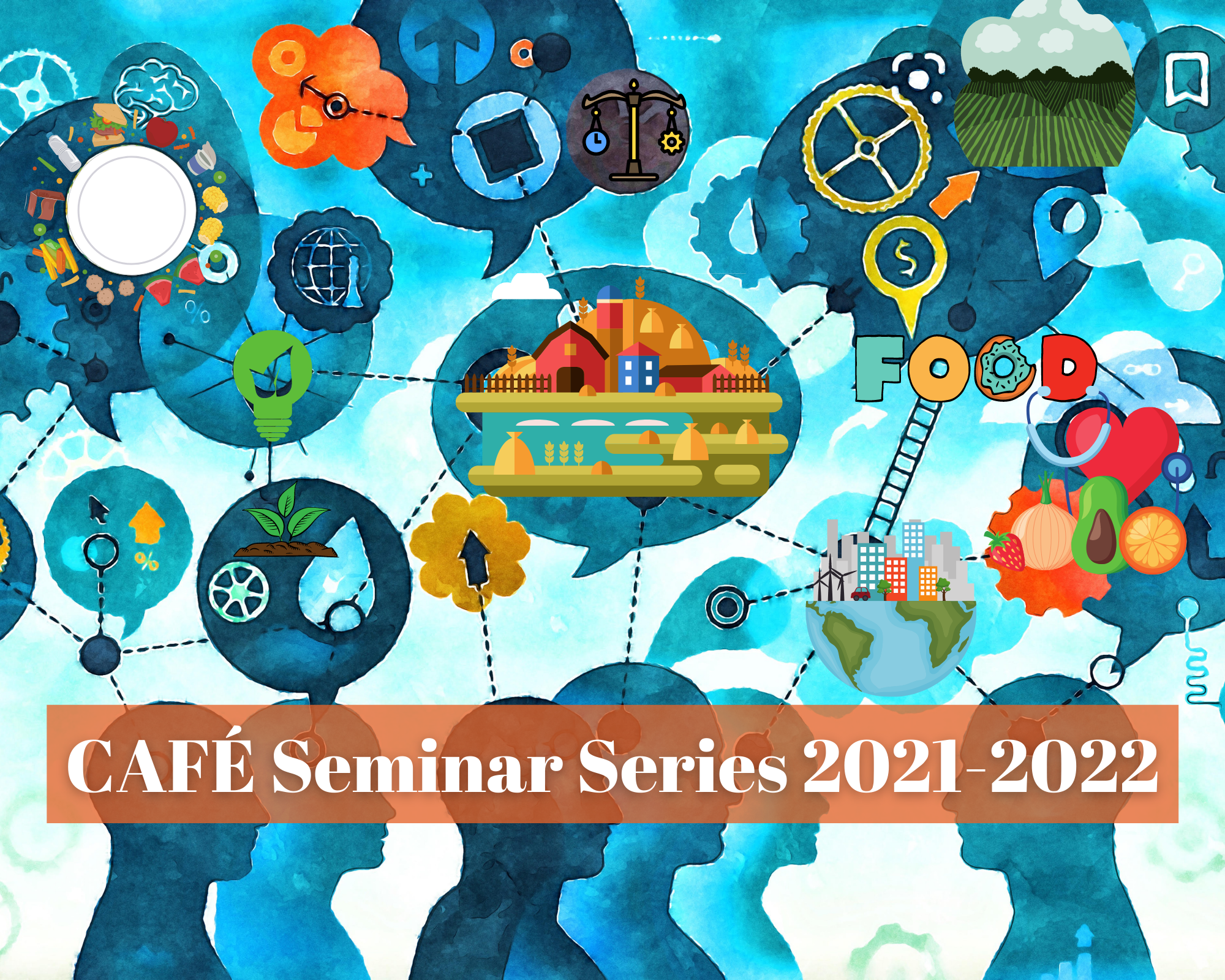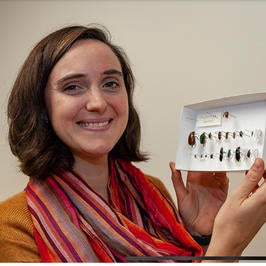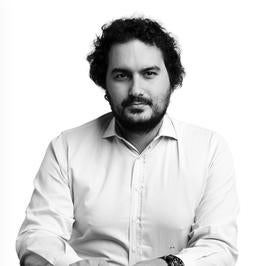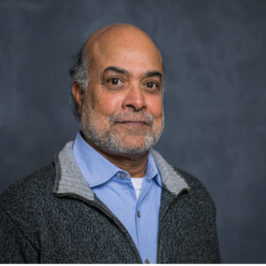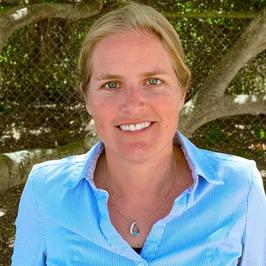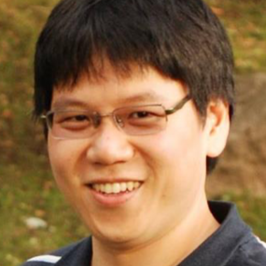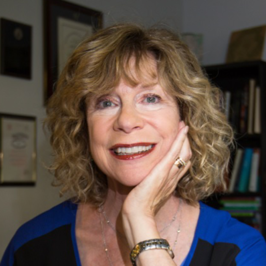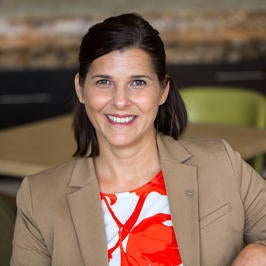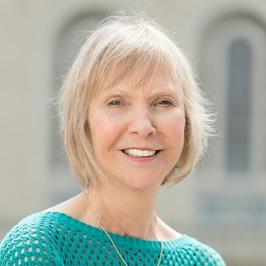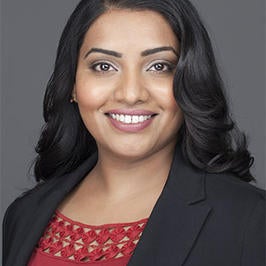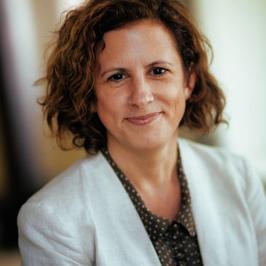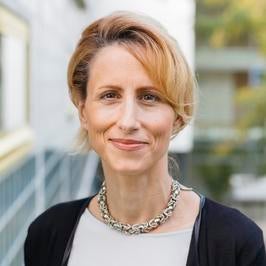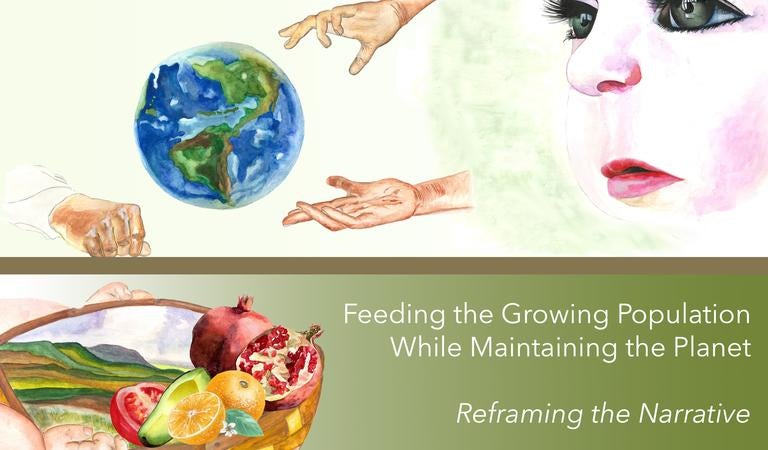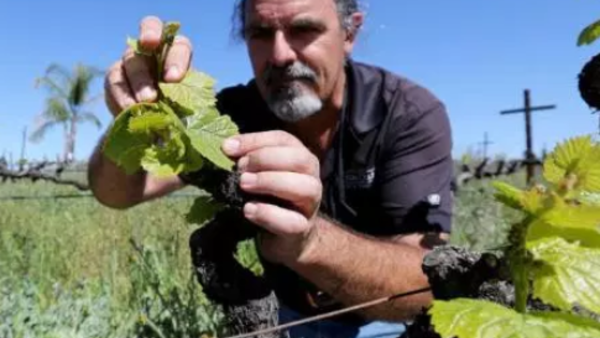The webinar series event will take place from spring 2021 and is curated by CAFÉ and several UCR departments from the College of Natural & Agricultural Sciences, College of Humanities, Arts, and Social Sciences (CHASS), College of Engineering (BCOE), School of Medicine, and School of Public Policy. Each webinar includes 30-45 minutes talk and 15-30 minutes of Q&A.
Our goal is to build awareness around important topics related to agriculture, food, sustainability, and global health to foster interdisciplinary discourses, stimulate convergent multidisciplinary research efforts, and create cross-UC connections on our campus and our community.
We will have one or two webinars per month, depending on speakers and department availability.
FALL 2021 QUARTER SCHEDULE - September 23th, 2021 to December 3rd, 2021
WINTER 2021 QUARTER SCHEDULE - January 3rd, 2022 to March 11th, 2022
WEBINARS FOR SPRING 2021 QUARTER
Pollinators, pesticides, and people: The socioecology of insect declines
Monday, May 17, 2021, 4:00 p.m. - 4:50 p.m. Watch the CAFÉ Youtube presentation HERE
Dr. Douglas shared her research studies of the ecology of agricultural systems, emphasizing the roles of insects and other invertebrates as friends and foes to food production and gave us a few empirical examples.
Guest Speaker: Maggie Douglas, Assistant Professor of Environmental Science, Dickinson College, Carlisle, PA
This webinar event is co-hosted with UCR CNAS, Department of Entomology.
Department Seminar Organizer: Kerry Mauck, Assistant Professor, Department of Entomology, UCR
WEBINARS FOR FALL 2021 QUARTER
Growing Silk for Agrofood Resilience
Friday, October 8, 2021, 12:00 p.m. - 12:50 p.m. Watch the CAFÉ Youtube presentation HERE
In this seminar, we discuss the engineering of natural polymers in advanced materials that can be interfaced with food and plants. With a focus on silk, we will present newly developed techniques to direct the assembly of structural proteins in nanostructured materials that can serve as: edible coatings to prolong the shelf-life of perishable food, microenvironments to boost seed germination under abiotic stressors, and microneedles to deliver active payloads in plants and sense food spoilage.
Guest Speaker: Benedetto Marelli, Paul M. Cook Career Development Associate Professor of Civil and Environmental Engineering, MIT, Cambridge, MA
This webinar event is co-hosted with UCR Plants3D NRT and Center for Plant Cell Biology.
Department Seminar Organizer: Dr. Julia Bailey-Serres, Distinguished Professor and Geneticist, Botany and Plant Sciences; Director of Center for Plant Cell Biology and Plants 3D NRT program, UCR.
Food System Transformations in the Developing World: a brief economic history
Tuesday, October 26, 2021, at 12:00 pm PT (3:00 pm ET) Watch the CAFÉ Youtube presentation HERE
The developing world has seen dramatic transformations in food systems over the past sixty years. These changes were driven by broader global changes in demography, economic development, food trade and globalization of food cultures. Food system change has been closely connected to nutritional transition from under-nutrition to over-nutrition and rising trends in obesity. It has also been associated with environmental change, including climate change, both as a driver and a victim of change. This talk presents four distinct food system transformations that have had profound impacts on human and environmental wellbeing. The first transformation, between 1960-80, was focused around addressing global hunger and rural poverty. The second transformation, between 1980-2000, was around food system diversity as a consequence of income growth, urbanization and rising middle class populations. The third, post 2000 transformation led to the globalization and westernization of developing country diets. The current period is one of heightened concerns around health and environmental consequences of global diets and the quest for a sustainable food, health, and environmental nexus. Policy and technological options for better food system futures will be discussed.
Guest Speaker: Prabhu Pingali, Professor, Dyson School of Applied Economics and Management, Director, Tata-Cornell Institute for Agriculture and Nutrition, Cornell University
This webinar event is co-hosted with UCR CHASS, Department of Economics.
Department Seminar Organizer: Dr. Steven Helfand, Professor and Chair, Department of Economics, UCR
Disentangling the local and landscape determinants of agricultural pest control
Monday, November 8, 2021, 4:00 p.m. - 4:50 p.m.
Agricultural production has grown to meet the demands of a larger and wealthier population, due, in large part, to the intensification and simplification of agricultural systems. The concern is that these simplified landscapes, composed of larger fields, less natural habitat, and with fewer crops in rotation, have increased pest problems and resultant pesticide use. Building on ecological theory and leveraging a data-driven approach, this talk will provide novel and detailed insight into the local and landscape determinants of the level and stability of agricultural insecticide use.
Guest Speaker: Ashley Larsen, Assistant Professor, Agricultural Ecology, Land Use, Landscape Ecology, UC Santa Barbara, Bren School of Environmental Science & Management
This webinar event is co-hosted with UCR CNAS, Department of Entomology.
Department Seminar Organizers: Dr. Kerry Mauck and Dr. Amy Murillo, Assistant Professor of Entomology, Department of Entomology, UCR
FoodOn: a harmonized food ontology to increase global food traceability, quality control and data integration
Friday, December 3, 2021, 11:00 a.m. - 11:50 a.m.
The need to represent knowledge about food is central to many human activities including agriculture, medicine, food safety inspection, shopping patterns, and sustainable development. FoodOn is an open-source (machine-readable) and open-access (human-readable) resource of controlled vocabularies that describes food sources, products, and processes to promote interoperability across knowledge domains involving food. I will describe the construction of FoodOn and its current use-cases.
Guest Speaker: William Hsiao, Faculty of Health Sciences, Simon Frasier University, Affiliated Scientist at BC Centre for Disease Control Public Health Laboratory (BCCCDC PHL), Canada's Michael Smith Genome Sciences Centre, and genomic consultant with the BC Ministry of Agriculture Animal Health Centre, Burnaby, B.C., Canada
This webinar event is co-hosted with UCR BCOE, Department of Computer Science and Engineering.
Department Seminar Organizer: Tamar Shinar, Associate Professor, Department of Computer Science and Engineering, UCR
WEBINARS FOR WINTER 2022 QUARTER
Women and Womanliness: Racialized Gendered Food Injustice in the U.S.
Thursday, January 13, 2022, 3:00 p.m. - 3:50 p.m.
Gendered food injustice compounds the inequalities suffered by many groups, including non-unionized immigrant farm workers and racially marginalized communities with limited food availability. Food plays a key role in the commodification and objectification of women’s bodies and in the cultural circumscription of their food-related roles and responsibilities. This talk discusses these racialized gendered oppressions in two categories: 1) oppressions from gender stereotypes, hierarchies, and discrimination in food cultures, systems, and industries; and 2) oppressions tied to ideas about racialized and sexualized womanliness in American culture. The results of such oppressions include eating disorders and body dysphoria, as well as a multi-billion dollar advertising industry whose marketing strategies include equating women’s bodies with food. The talk concludes with strategies, including those suggested by the audience, about reducing these oppressions.
Guest Speaker: Sally Kitch, Arizona State University, Distinguished Sustainability Scientist, Global Institute of Sustainability and Innovation, University and Regents Professor, Women and Gender Studies, School of Social Transformation, College of Liberal Arts and Sciences.
This webinar event is co-hosted with UCR CHASS, Department of Gender and Sexuality Studies, and Department of Global Studies.
Department Seminar Organizers: Dr. Jane Ward, Associate Professor, Department of Gender and Sexuality Studies, and Dr. Juliann Allison, Department of Global Studies, UCR
Soil Health as a Global Existential Challenge
CANCELED Wednesday, January 26, 2022, 3:00 p.m. - 3:50 p.m.
POSTPONED to February 9th, 2022, 3:00 p.m. - 3:50 p.m.
Soil performs multiple functions simultaneously in agroecosystems. While these functions have been identified, quantifying the change in these functions as a result of changing soil management in agroecosystems is a challenge. Nonetheless, as a society, we treasure soil functioning and then must measure and assess how our management decisions influence soil health. The seminar discussed soil health in the context of gaining adoption of soil health practices which includes measuring and communicating benefits that are relevant to those that make influential soil management decisions in the U.S.—farmers and ranchers.
Guest Speaker: Cristine Morgan, Soil Health Institute, Chief Scientist Officer, Soil Health Institute
This webinar event is co-hosted with UCR CNAS, Department of Environmental Sciences.
Department Seminar Organizer: Dr. Daniel Hirmas, Associate Professor, Department of Environmental Sciences, UCR
Soil life matters for world health
Thursday, February 10, 2022 , 12:00 p.m. - 12:50 p.m.
Soils and its inhabitants are one of the most biologically diverse systems on Earth. Growing scientific evidence shows the loss of soil biodiversity can negatively affect human health and the functioning of global ecosystems. Converging disciplines are needed to advance and use knowledge on soil biodiversity to meet the needs of people and address the Sustainable Development Goals.
Guest Speaker: Diana H. Wall, Inaugural Director, School of Global Environmental Sustainability, CSU University Distinguished Professor, Professor of Biology, Colorado State University, School of Global Environmental Sustainability, Fort Collins, CO
This webinar event is co-hosted with UCR CNAS, Department of Microbiology & Plant Pathology.
Department Seminar Organizer: Dr. James Ng, Assistant Professor of Plant Pathology, Department of Microbiology & Plant Pathology, UCR
Imagine a zero hunger world – it’s within reach
Wednesday, February 23, 2022, 11:00 a.m. - 11:50 a.m.
Food systems are complex systems within systems, and calls for transdisciplinary perspectives towards food systems transformation. This talk provides an overview of FEAST research program addressing hidden hunger: a. Upcycling of food loss/waste focusing on indigenous crops to recover micronutrients; b. Fortification of foods with micronutrients; c. Innovative delivery systems. This talk concludes with case studies on power of food reaching millions of people, and the need for transdisciplinary teams to address global challenges (SDG 2: Zero Hunger).
Guest Speaker: Kiruba Krishnaswamy, Assistant Professor at the Department of Biomedical, Biological and Chemical Engineering (College of Engineering), with join appointment in the Division of Food, Nutrition and Exercise Sciences (College of Agriculture, Food and Natural Resources), University of Missouri, Columbia.
This webinar event is co-hosted with UCR BCOE, Department of Bioengineering.
Department Seminar Organizer: Dr. Jin Nam, Assistant Professor, Department of Bioengineering, Bourns College of Engineering, UCR
Can we have it all? Considering the trade-offs in achieving both human and planetary health
Date and time: March 11th, 2022, 12:00 p.m. - 1:00 p.m.
In a world of uncertainty, can we have both human and planetary health—can we have it all? This seminar explores that question through a global lens that takes the audience through a range of sticky debates that plague food system transformation and governance.
Guest Speaker: Jessica Fanzo, Bloomberg Distinguished Professor of Global Food Policy and Ethics, Berman Institute of Bioethics, John Hopkins Nitze School of Advanced International Studies, Dept. of International Health, John Hopkins Bloomberg School of Public Health; Director of John Hopkins Global Food Ethics and Policy Program, Food and Nutrition, JHU Alliance for a Healthier World, Baltimore, MD
This webinar event is co-hosted with UCR School of Public Policy.
Seminar Co-Host: Kurt Schwabe, Associate Dean and Professor of Environmental Economics and Policy, UCR School of Public Policy.
WEBINARS FOR THE SPRING 2022 QUARTER
CANCELLED
Mobilizing the past to shape a better Anthropocene
Thursday, March 31, 2022, 4:00 p.m. - 5:00 p.m.
The Anthropocene era is upon us, with humans now the dominant force shaping Earth systems. Yet the roots of the Anthropocene extend deep into human history. This talk will explore how we can draw upon our knowledge of the past to address some of the key environmental and conservation challenges of the present, helping to shape a better Anthropocene.
Guest Speaker: Professor Nicole Boivin, Director, Department of Archaeology, Max Planck Institute for the Science of Human History, Jena, Germany; Honorary Professor, University of Queensland
This webinar event is co-hosted with UCR CNAS, Department of Evolution, Ecology, and Organismal Biology.
Department Seminar Organizer: Natalie Holt, Assistant Professor, Department of Evolution, Ecology, and Organismal Biology, UCR
ADDITIONAL WEBINARS:
"Sustainable diet & innovative nutrition research" Provisional Topic
Date and Time TBD
This webinar event is co-hosted with the UCR School of Medicine, Department TBD.
More info coming soon.
Wedges against Global Hunger 2050
Conference - January 2019
The "Wedges against Global Hunger in 2050" Conference brought together speakers and other participants from academics, NGOs, government, farming and other industry representing not only agricultural and natural sciences but also humanities, engineering, policy, and social sciences. Speakers both deconstructed the issue and examined the broad array of potential diverse solutions, which, if properly aligned, should be superior to a single panacea. After a day and a half of presentations, breakout workshops were devoted to crafting one or more realistic and sustainable solutions. The results were presented and discussed in the final plenary session to identify actionable tasks. The conference was synthesized in the closing keynote address.
To read more about the conference and speakers, visit the dedicated page HERE
Regenerative Agriculture/Climate Smart Agriculture Panel
June 4th, 2019
Location: HUB 268
The loss of the world’s fertile soil and biodiversity, pose a mortal threat to our future survival. According to soil scientists, within 50 years we will not only suffer serious damage to public health due to a degraded food supply, but we will literally no longer have enough arable topsoil to feed ourselves. Without protecting and regenerating the soil on our 4 billion acres of cultivated farmland, 8 billion acres of pastureland, and 10 billion acres of forest land, it will be impossible to feed the world, keep global warming below 2 degrees Celsius, or halt the loss of biodiversity.
Read more about all the CAFE Student led events
Read more about the speakers
To read more about Regenerative Agriculture and speakers, click HERE to visit the dedicated page.
Alternative Proteins Panel
May 15th, 2019
Location: Genomics Building Auditorium 1102A
As living standards have improved, people consume more and more animal protein. Protein works both as fuel and as a building block for human bodies. It keeps our muscles healthy and strong, our brain functioning, and keeps excess body fat off. Since protein is now a more highly sought out macronutrient, there is an increasing demand for it worldwide. However, this has major consequences for the environment. If we are to feed everyone with nutritious diets, we will need to ensure sustainable sources of protein. Fortunately, solutions are just around the corner. Our panelists will speak about using insects, fungi, plants, and cell cultures to reliably and sustainably feed a burgeoning population.
Read more about all the CAFE Student led events
Read more about the speakers
To learn more about Alternative Proteins and speakers, click HERE to visit the dedicated page.
Hemp Summit Cancelled
By invitation only
May 9th, 2019
Hemp is different from marijuana in its purpose, cultivation and utilization. The reintroduction of industrial hemp on American soil has brought excitement for potential innovations in commodities, medicinal benefits, and agricultural practices. Hemp has the potential to replace synthetic fibers because of its durability compare to current plastic, paper, clothing, cotton, and industrial building materials but can also be used to regenerate the soil, bioremediate soil contaminants, act as a green pesticide and more. The all-day summit serves to catalyze information flow among diverse interested parties and will include panel discussions, focusing on the following topics: 1) Field and lab sampling and testing, 2) Pollen drift and coexistence of seed, oil, and fiber varieties, 3) Pest management, 4) Latest policy information and 5) Extraction and processing.
Greg Pennyroyal Lecture: Sustainability & Viticulture
April 25th, 2019
Location: Bourns A125
Greg Pennyroyal is the Vineyard Manager at Wilson Creek Winery and Vineyards and Professor of Viticulture at Mt. San Jacinto College in Temecula, CA. He has 25 years of experience in a wide range of fields, including agricultural production, medicinal plant production, and genomics in traditional medicine. He is interested in bringing the benefits of traditional food, medicine and agriculture to modern society.
Read more about the speaker.
UC Riverside University Theatre (Humanities 400)
April-May 2018 (Co-Sponsored by CAFÉ )
April 5: "The Hope and Threat of Human Gene Editing"
Martin Garcia-Castro, Associate Professor of Biomedical Sciences; UC Riverside School of Medicine
watch Video
April 12: "Feeding the World: From Mendel to CISPR"
Carolyn Rasmussen, Assistant Professor of Plant Cell Biology; UC Riverside College of Natural & Agricultural Sciences
watch Video
April 19: "LEGO, Language, and the Life of Bacteria"
Ansel Hsiao, Assistant Professor of Plant Cell Biology; UC Riverside College of Natural & Agricultural Sciences
Watch Video
May 10: "Implications of Genetic Modifications in Humans and Other Organisms"
Carl Cranor, Distinguished Professor in Philosophy; UC Riverside College of Natural & Agricultural Sciences
Watch Video
UCR held the first (2017) and second (2018) annual Microbiome Initiative and Data Blitz meetings
Participants comprised UCR scholars interested in Microbiome research, including microbial associates of animals, plants, and environmental consortia. Researchers presented and summarized their work and then a discussion followed on key research strengths at UCR, infrastructure and equipment needs, potential funding lines, and opportunities for collaborations.
To read more about Microbiome Initiative and 3rd Annual Symposium and speakers, click HERE
Visit the dedicated page for the 2nd Annual Symposium - 2018
Visit the dedicated page for the 1st Annual Symposium - 2017
2017 Lectures
Lecture Series
February 21th to 23th, 2017
Trees feature prominently in global culture. Iconic trees include the source of Newton's apple, Buddha's enlightenment under the Bodhi tree, the Tree of Knowledge of Good and Evil, and the sacred Tree of Life in mythologies around the world. Trees provide security and shelter and are valuable resources for sciences, health, and technology. It's frankly hard to imagine a world without trees. Clearly, trees are important, if not essential, to human culture.
A panel of knowledgeable speakers, spoke on February 21-23, 2017 about the importance of trees. This panel was made up of Ryan Berk, co-owner and founder of Parliament Chocolate in Redlands, CA, Associate Professor of Landscape Ecology Darrel Jenerette, and Deputy Director of the Armenia Tree Project (ATP) Jason Sohigian.
Read more about this event on The Highlander.
2016 Workshop at UC Riverside Extension Center
Saturday, February 6, 2016
How to successfully cross-disciplinary research in broad-sense agriculture-Lessons learned from the Agricultural Sustainability Institute.
Thomas Tomich, Director, Agricultural Sustainability Institute and WK Kellogg Endowed Chair in Sustainable Food Systems, UC Davis
Lecture on Wasted Food by Jonathan Bloom, Author of the Book "American Wasteland"
Sponsored by UCR's Global Food Initiative
2015 CAFÉ fall event held at UCR
Prominent leaders in food and agriculture addressed members of the CAFÉ Food Network at the fall event November 6, 2015, at the UCR Alumni and Visitors Center. Videos of the speakers’ presentations are below.
Amrinth Gunasekara, Science Advisor, California Department of Food and Agriculture:
Sally Rockey, Executive Director, U.S. Foundation for Food and Agriculture:
Jeffrey Ehlers, Program Officer, Bill & Melinda Gates Foundation:
Glenda Humiston, Vice President of the UC Division of Agriculture and Natural Resources:
2015 Public Lecture Focuses on "GMOs: All Facts, No Fiction"
Faculty from CNAS and UC Davis were part of a discussion, “GMOs: All Facts, No Fiction,” on Wednesday, November 4, 2015, at the UCR Extension Center. Moderating the discussion was Greg Jaffe, Director of Biotechnology at the Center for Science in the Public Interest in Washington, D.C. The event was hosted by the Global Food Initiative at UCR.
Speakers:
Alan McHughen, CE Biotechnlology Specialist and Geneticist, UC Riverside
Norm Ellstrand, Professor of Genetics, UC Riverside
Belinda Martineau, Senior Writer, Institute for Social Sciences, UC Davis
Josette Lewis, Associate Director, World Food Center, UC Davis
2015 UCR's CAFÉ Launch Features Two Esteemed Food Writers
Riverside, Calif. — On Wednesday, Jan. 28, 2015, UCR officially launched the California Agriculture and Food Enterprise (CAFÉ) by way of a lecture hosted by the Global Food Initiative and the Global Studies program.
Over lunch, writers Gustavo Arellano (editor-in-chief of OC Weekly and author of “Taco USA”) and David Karp (freelance food writer for Los Angeles Times and UCR associate) regaled faculty members, staff and students at the Alumni and Visitor Center with lectures on food and its intersections with culture, history and science. Full story >>

